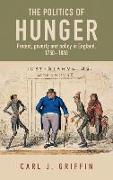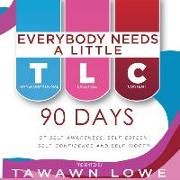The Politics of Hunger
BücherAngebote / Angebote:
In the age of Malthus and the workhouse when the threat of famine and absolute biological want had supposedly been lifted from the peoples of England, hunger remained a potent political force - and a problem. And yet, hunger has been marginalised as an object of study by scholars of late eighteenth- and early nineteenth-century England, studies either framed through famine or leaving hunger to historians of early modern England. The politics of hunger represents the first systematic attempt to think through the ways in which hunger persisted as something both feared and felt by the poor, was the subject of public policy innovations, and was central to the emergence of new techniques of governing and disciplining populations. This study analyses the languages of hunger that informed food riots, other popular protests and popular politics, the resort to and effects of Speenhamland-style 'hunger' payments, workhouse dietaries, how hunger was made and used in making and disciplining the poor as racial subjects, and, finally, how popular responses to the Irish Famine framed understandings of hunger relationally. Conceptually rich but empirically grounded, the study draws together work on popular protest, popular politics, the old and new poor laws, Malthus and theories of population, race, biopolitics and the colonial making of famine, as well as reframing debates in social and economic history, historical geography and famine studies more generally. Complex and yet written in an accessible style, The politics of hunger will be of interest to anyone with an interest in the histories of protest, poverty and policy: specialists, students and general readers alike.
Folgt in ca. 10 Arbeitstagen




